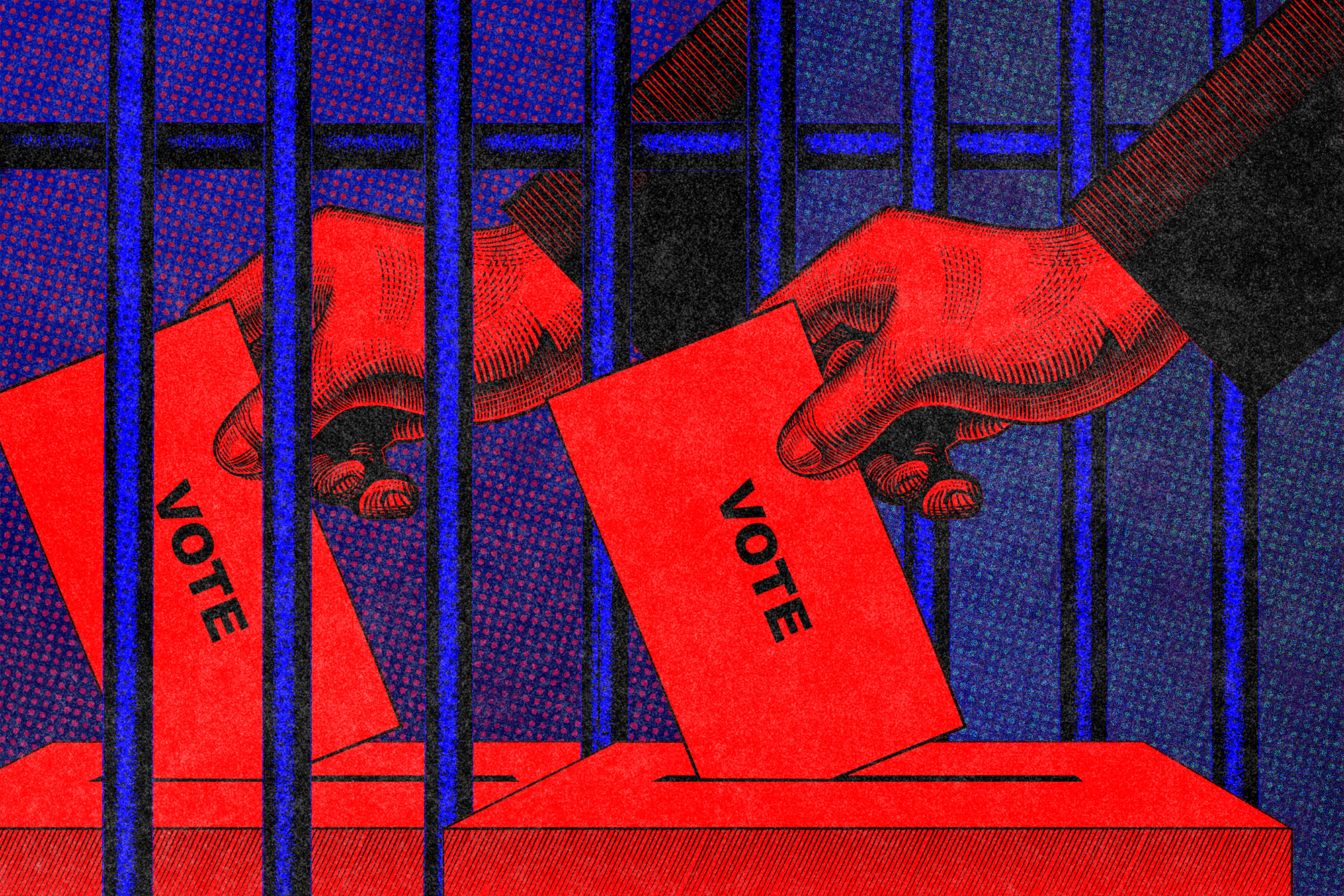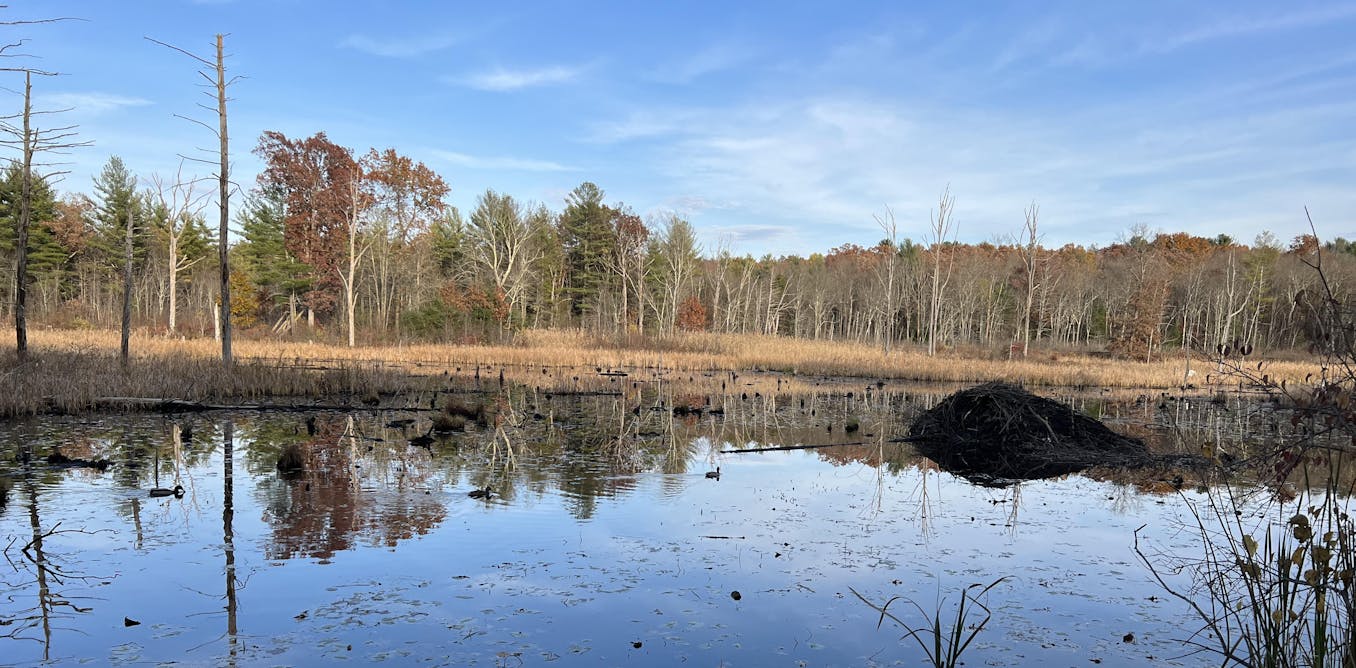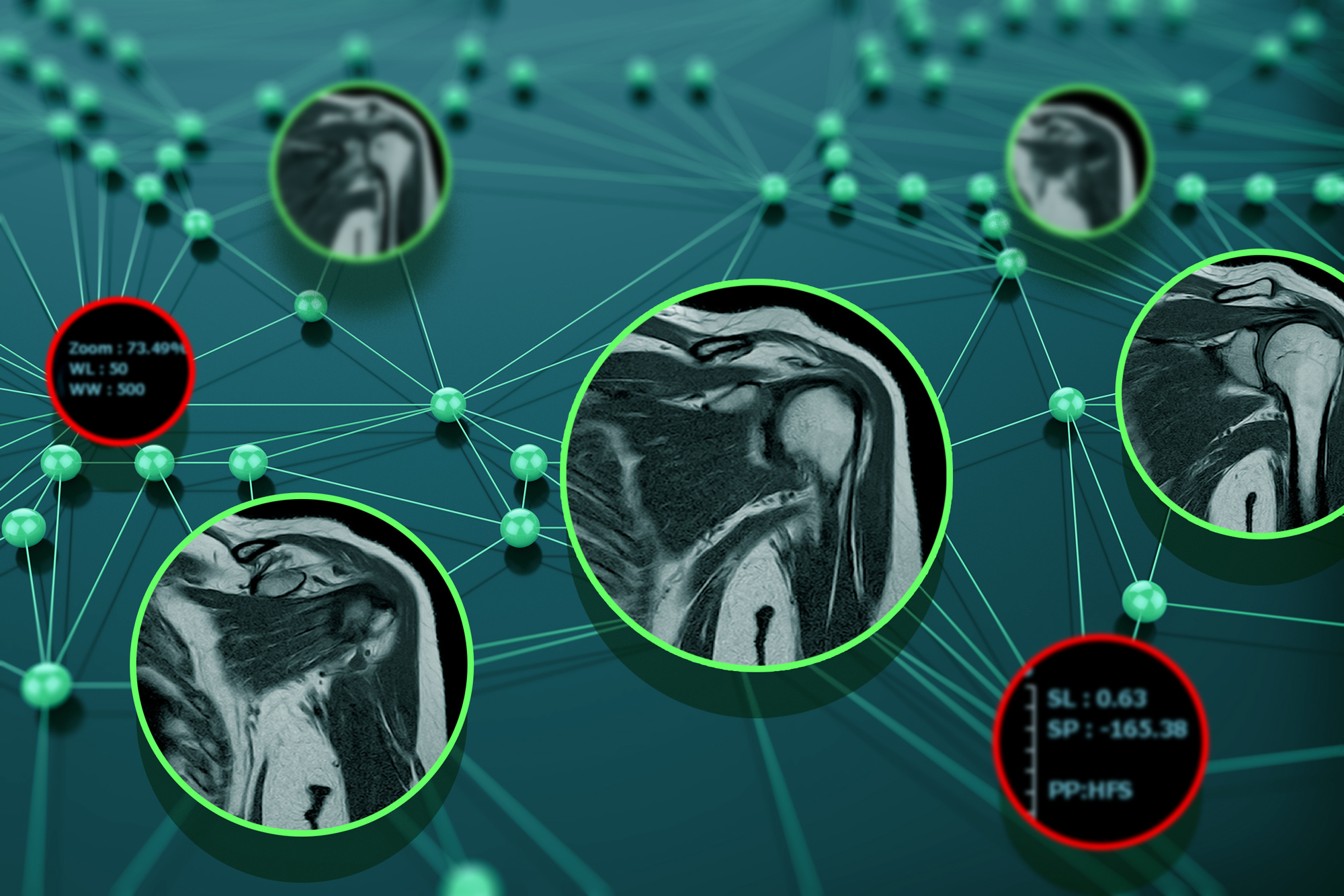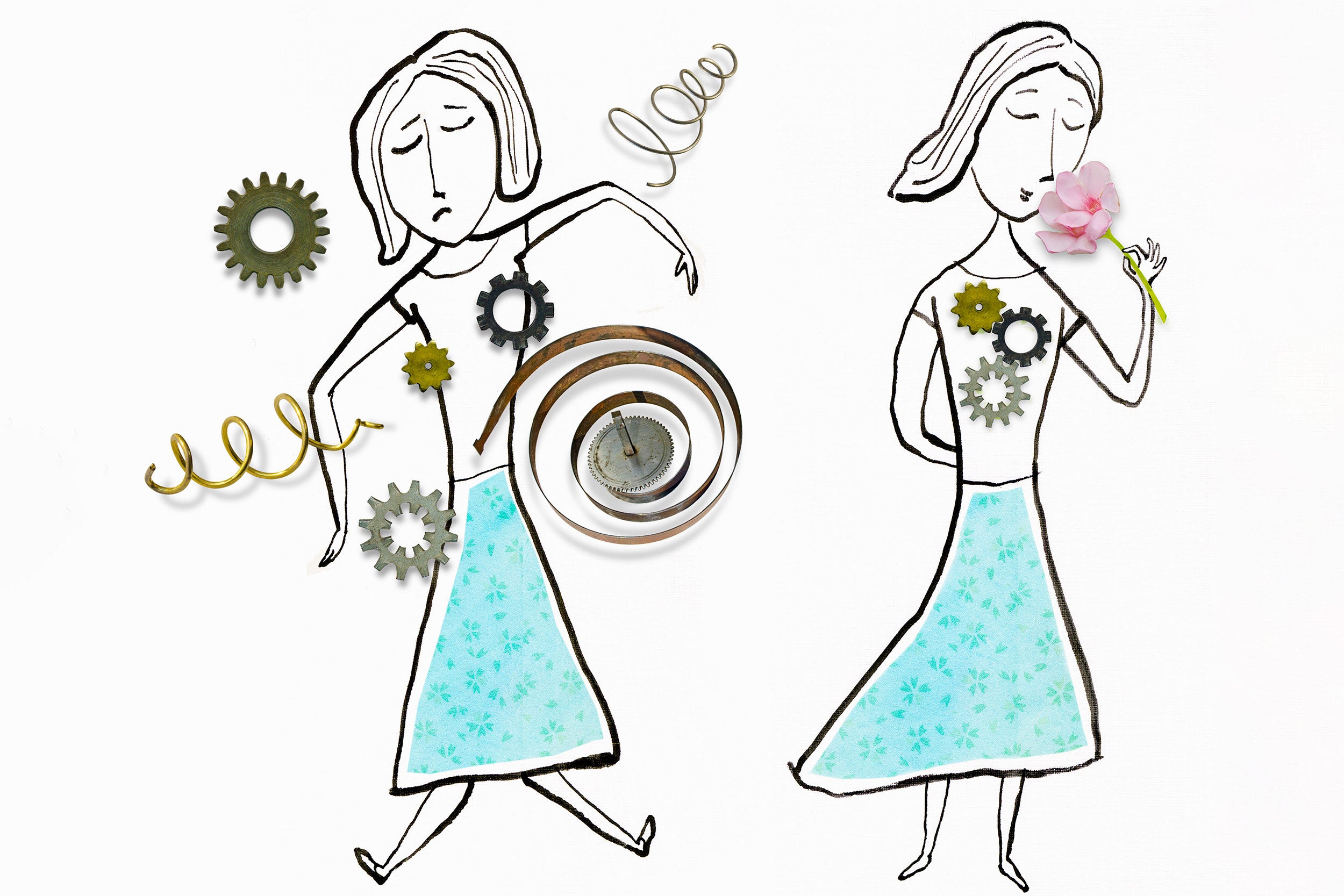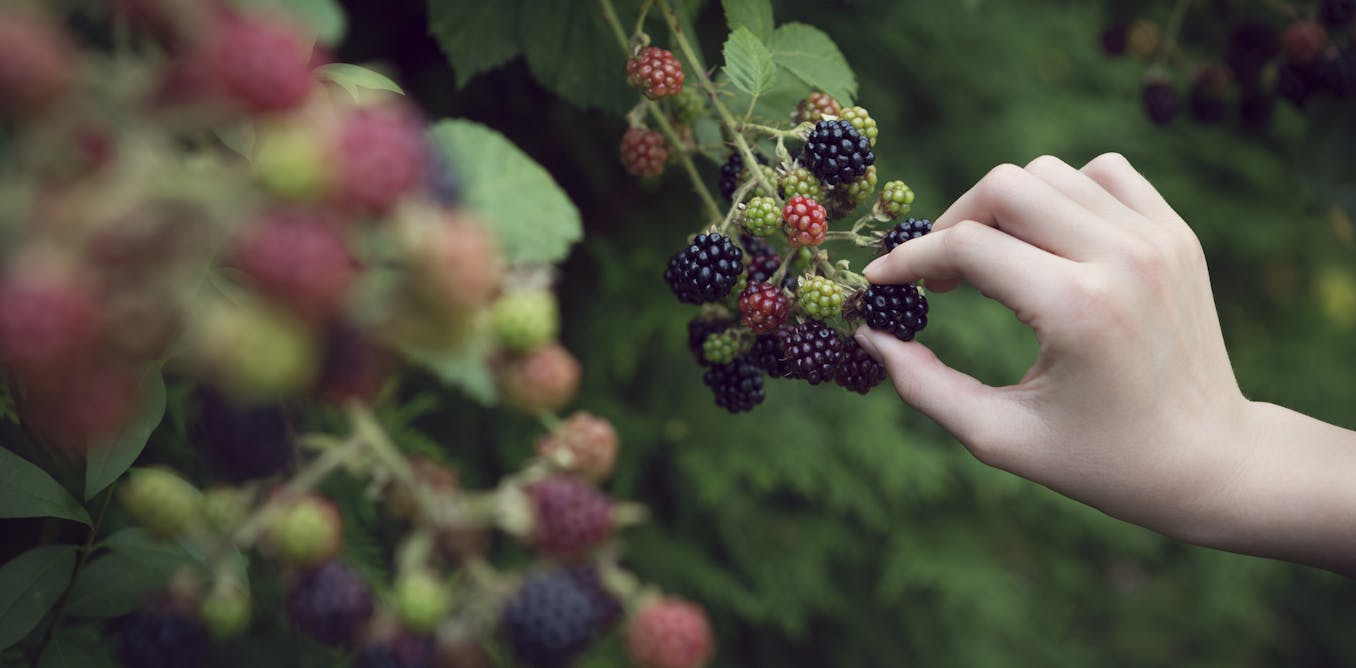Net zero: UK government sued for weak strategy – so here's what makes a good climate change plan
Plan to cut emissions quickly, use offsets sparingly and set broader goals for improving society.
Jan. 21, 2022 • ~8 min
Beavers offer lessons about managing water in a changing climate, whether the challenge is drought or floods
Beavers in our landscapes have great potential to provide small-scale adaptations to climate change – if humans can figure out how to live with them.
Jan. 20, 2022 • ~9 min
The science of sugar: why we're hardwired to love it and what eating too much does to your brain – podcast
Plus, a lawyer explains the legal battle over Canada’s discriminatory First Nations child welfare system. Listen to The Conversation Weekly.
Jan. 20, 2022 • ~6 min
When endangered species recover, humans may need to make room for them – and it's not always easy
It’s usually good news when a once-scarce species starts to recover – unless it starts getting in humans’ way. An ecologist explains how science can help predict unwelcome encounters.
Jan. 6, 2022 • ~9 min
A taste for sweet – an anthropologist explains the evolutionary origins of why you're programmed to love sugar
If you ever feel like you can’t stop eating sugar, you are responding precisely as programmed by natural selection. What was once an evolutionary advantage has a different effect today.
Jan. 5, 2022 • ~9 min
/
92

